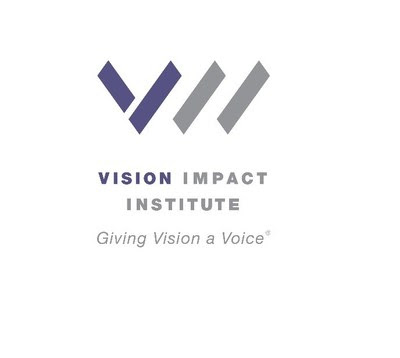Rancho Santa Margarita, Calif., Oct. 04, 2021 (GLOBE NEWSWIRE) — Sweegen is expanding its extensive sweetener portfolio in early 2022 with the zero-calorie, high-intensity sweetener brazzein. The product was developed in collaboration with long-term innovation partner Conagen, which has scaled it to commercial production. Brazzein is a small, heat-stable protein, 500 to 2,000 times sweeter than regular sugar, making it very attractive to food and beverage manufacturers seeking excellent value in a sweetener.
As a sweetener, brazzein promises little to no bitter aftertaste and helps to reduce sweet linger, reducing taste modulation challenges in the natural sweetener space. Brazzein is stable in a wide range of pH and retains its qualities after pasteurization. It is also readily soluble, making it ideal for sugar reduction across a spectrum of food and beverage applications.
“Introducing a high-purity brazzein to Sweegen’s portfolio of natural sweeteners is one more creative solution for helping brands make low-calorie better-for-you products,” said Sweegen’s SVP, Head of Global Innovation, Shari Mahon. “Brands can look forward to exploring the synergistic benefits of combining brazzein and stevia for reducing sugar in food and beverages in a cost-effective way.”
As a sweet protein, brazzein has great promise to fit into consumer diets, such as Keto, diabetes, or low-to-no carbohydrate lifestyles. Health-conscious consumers are also turning away from artificial sweeteners and accepting nature-based sweeteners, such as stevia and allulose.
Brazzein’s extraordinary qualities stand out among high-intensity sweeteners, but the quest to scale and commercialize it has proven difficult until now. Found sparingly in nature, brazzein derives from the West African climbing plant’s fruit, oubli. To scale brazzein sustainably, Conagen produces it by a proprietary precision fermentation process, a technology producing clean, nature-based ingredients.
“Brazzein is the first product generated from our new peptide platform, which fits well into our existing world-scale, precision fermentation infrastructure,” said Conagen’s Vice President of Innovation, Casey Lippmeier, Ph.D. “Peptides and small proteins like brazzein can be very difficult to make economically. However, now that we have successfully scaled this peptide, we expect more sustainable, novel peptide ingredients will rapidly follow.”
Sweegen provides sweet taste solutions for food and beverage manufacturers around the world.
We are on a mission to reduce the sugar and artificial sweeteners in our global diet. Partnering with customers, we create delicious zero-sugar products that consumers love. With the best next-generation stevia sweeteners in our portfolio, such as Signature Bestevia® Rebs B, D, E, I, M, and N, along with our deep knowledge of flavor modulators and texturants, Sweegen delivers market-leading solutions that customers want, and consumers prefer. Be well. Choose well.
For more information, please contact info@sweegen.com and visit Sweegen’s website, www.sweegen.com.
Cautionary Statement Concerning Forward-Looking Statements
This press release contains forward-looking statements, including, among other statements, statements regarding the future prospects for Reb M stevia leaf sweetener. These statements are based on current expectations but are subject to certain risks and uncertainties, many of which are difficult to predict and are beyond the control of Sweegen, Inc.
Relevant risks and uncertainties include those referenced in the historic filings of Sweegen, Inc. with the Securities and Exchange Commission. These risks and uncertainties could cause actual results to differ materially from those expressed in or implied by the forward-looking statements, and therefore should be carefully considered. Sweegen, Inc. assumes no obligation to update any forward-looking statements due to new information or future events or developments.
Attachments
Ana Arakelian Sweegen +1.949.709.0583 ana.arakelian@sweegen.com


